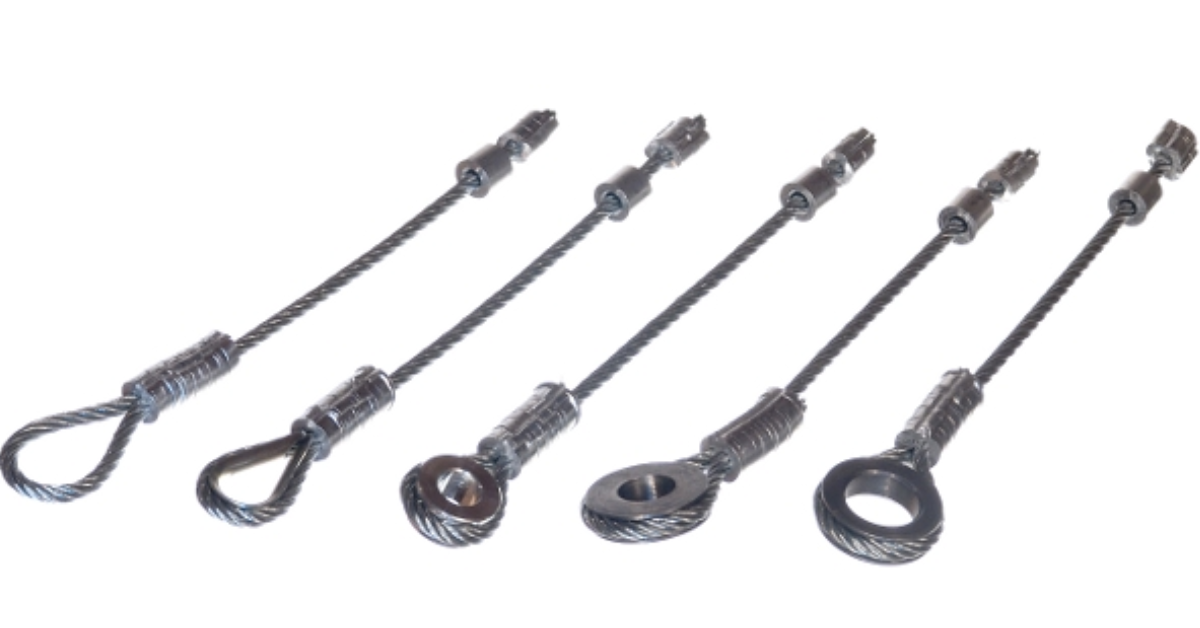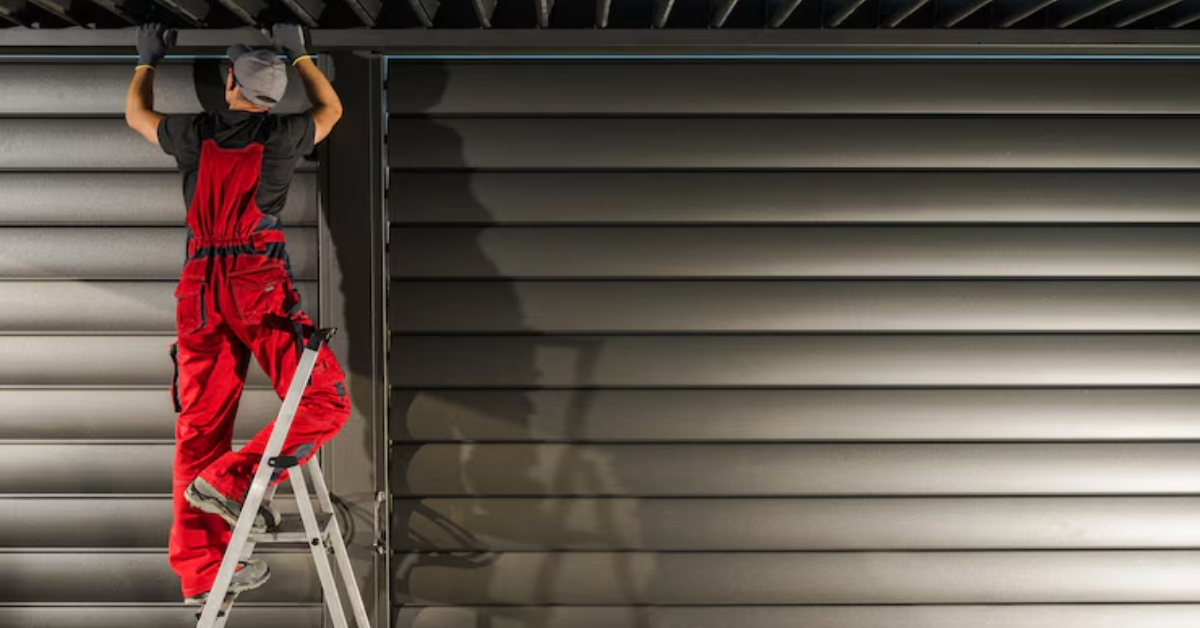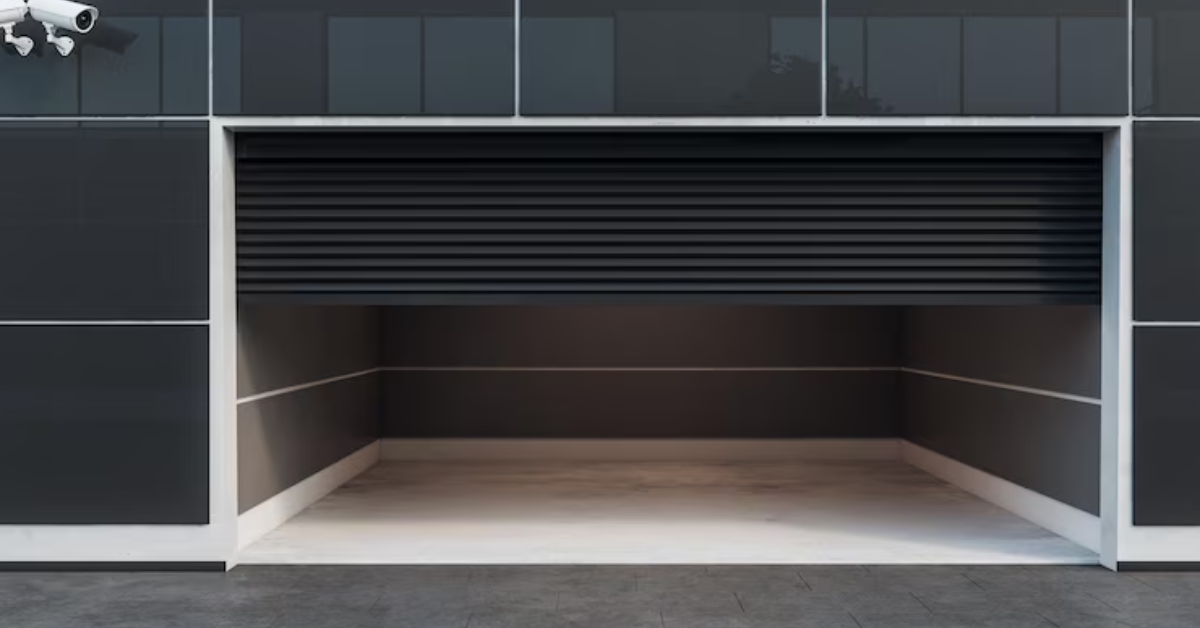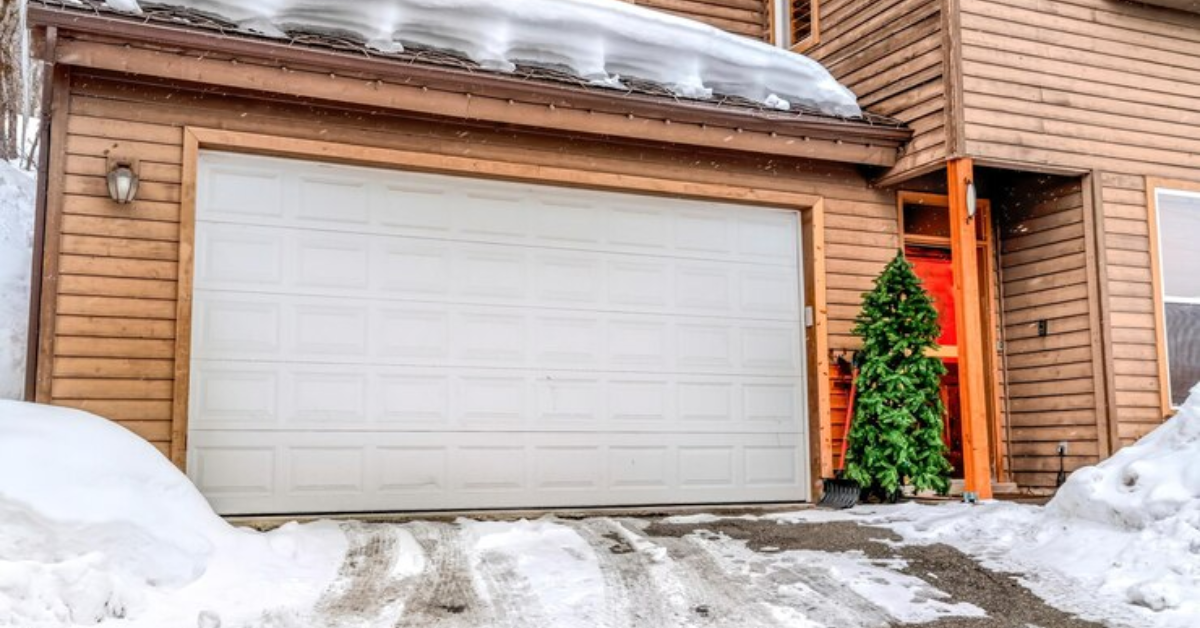Common Questions About Garage Door Cable Repair
Q1: How long do garage door cables typically last?
A: Garage door cables typically last between 5 to 7 years, depending on the frequency of use and environmental factors such as humidity and temperature fluctuations. Regular maintenance, including lubrication and inspection for wear and tear, can extend the lifespan of the cables. However, even with the best care, the cables will eventually wear out due to the constant tension and stress they endure. Homeowners should be vigilant for signs of fraying or corrosion, which indicate that the cables may need to be replaced sooner rather than later.
Q2: Can I replace garage door cables myself?
A: While it is possible to replace garage door cables yourself, it is generally not recommended unless you have a thorough understanding of the mechanics and the proper tools. The cables are under high tension and mishandling them can lead to serious injuries or further damage to the garage door system. Professional repair technicians have the expertise to safely and efficiently replace the cables, ensuring that the door operates correctly. Hiring a professional not only reduces the risk of injury but also provides peace of mind that the repair is done correctly, potentially extending the life of the garage door system.
Q3: What happens if a garage door cable snaps?
A: If a garage door cable snaps, it can cause the door to become unbalanced, making it difficult or impossible to open or close properly. This can pose significant safety risks, as the door may fall unexpectedly or become stuck in a partially open position, leaving your home vulnerable to security issues. Also, a snapped cable can place extra strain on other components of the garage door system, potentially leading to further damage and more expensive repairs. It is crucial to address a snapped cable immediately by contacting a professional repair service to prevent any accidents or additional problems.
Q4: Are garage door cables covered by warranty?
A: Many garage door cables come with a warranty, but the specifics can vary widely depending on the manufacturer and the installer. Typically, warranties cover defects in materials and workmanship for a certain period, which can range from one year to several years. It is important to check the warranty details for your specific product to understand what is covered and for how long. Some warranties may require regular maintenance and professional installation to remain valid. Always keep records of your purchases and any maintenance performed to ensure you can make a claim if needed.
Q5: How can I find a reliable garage door repair service?
A: Finding a reliable garage door repair service involves several steps. Start by looking for licensed and insured professionals who have a good track record. Check online reviews and ratings on platforms such as Google, Yelp, or the Better Business Bureau to gauge the experiences of other customers. Asking for recommendations from friends, family, or neighbors can also be valuable. When contacting a potential repair service, inquire about their experience, the warranties they offer on their repairs, and request a detailed cost estimate. Clear communication and reasonable pricing are key indicators of a trustworthy service provider.
Q6: What are the signs that my garage door cables need to be replaced?
A: Several signs indicate that your garage door cables may need to be replaced. Look for visible fraying or rust on the cables, which can weaken their strength and lead to failure. If your garage door is operating noisily or moving unevenly, it could be a sign that the cables are worn or damaged. If the door seems to struggle when opening or closing, this could indicate that the cables are losing tension or have become misaligned. Regularly inspecting your cables and addressing any of these issues promptly can prevent more serious problems and ensure the smooth operation of your garage door.
Q7: How much does it typically cost to replace garage door cables?
A: The cost to replace garage door cables can vary based on several factors, including the type of cables, the complexity of the repair, and your location. On average, homeowners can expect to pay between $150 and $350 for a professional cable replacement, which includes both parts and labor. Emergency repairs or additional work on other parts of the garage door system can increase the cost. To get the best price, it's advisable to obtain multiple quotes from reputable repair services and compare their offerings.
Q8: Can I use my garage door if one of the cables is broken?
A: Using your garage door with a broken cable is not recommended. Operating the door with a broken cable can cause it to become unbalanced, leading to further damage to the door and its components. This can also pose significant safety risks, as the door may fall unexpectedly or get stuck. Additionally, using the door in this condition can put extra strain on the remaining cable, increasing the likelihood of another failure. It's best to avoid using the garage door and contact a professional repair service immediately to address the issue and restore the door to safe working order.




